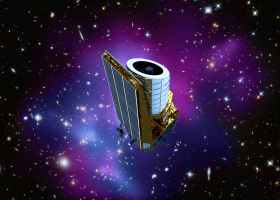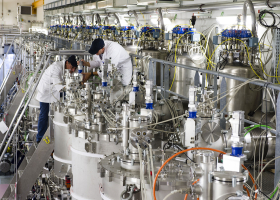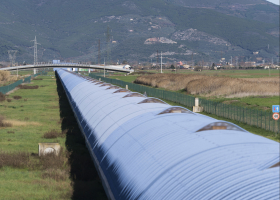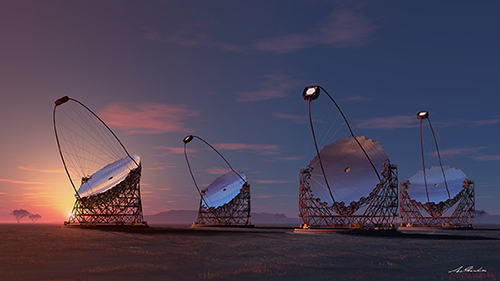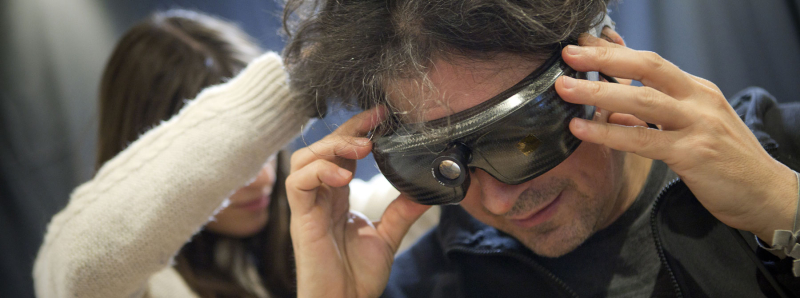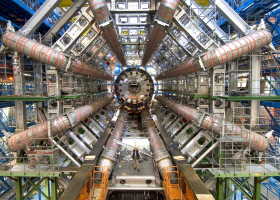
IN2P3
The National Institute of Nuclear and Particle Physics (IN2P3) performs research in the field of the 'two infinites' namely the infinitely large, with the study of cosmology and astroparticles, and the infinitely small, with nuclear physics and the physics of elementary particles. IN2P3 is a leading international actor in these disciplines which often require very large-scale transnational facilities and its scientists are at the forefront of major discoveries, such as the Higgs boson, neutrino oscillations and gravitational waves. The Institute is also having major contributions to the development of related applied technologies, such as particle accelerators and detectors, mainly in the fields of health, energy and the environment.
